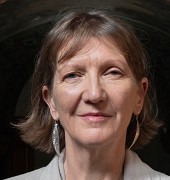
Friday, 31 March 2023 to Sunday, 2 April 2023

|
Sat1 Apr11:15am(15 mins)
|
Where:
James Watt South Stephenson Room
Presenter:
|
